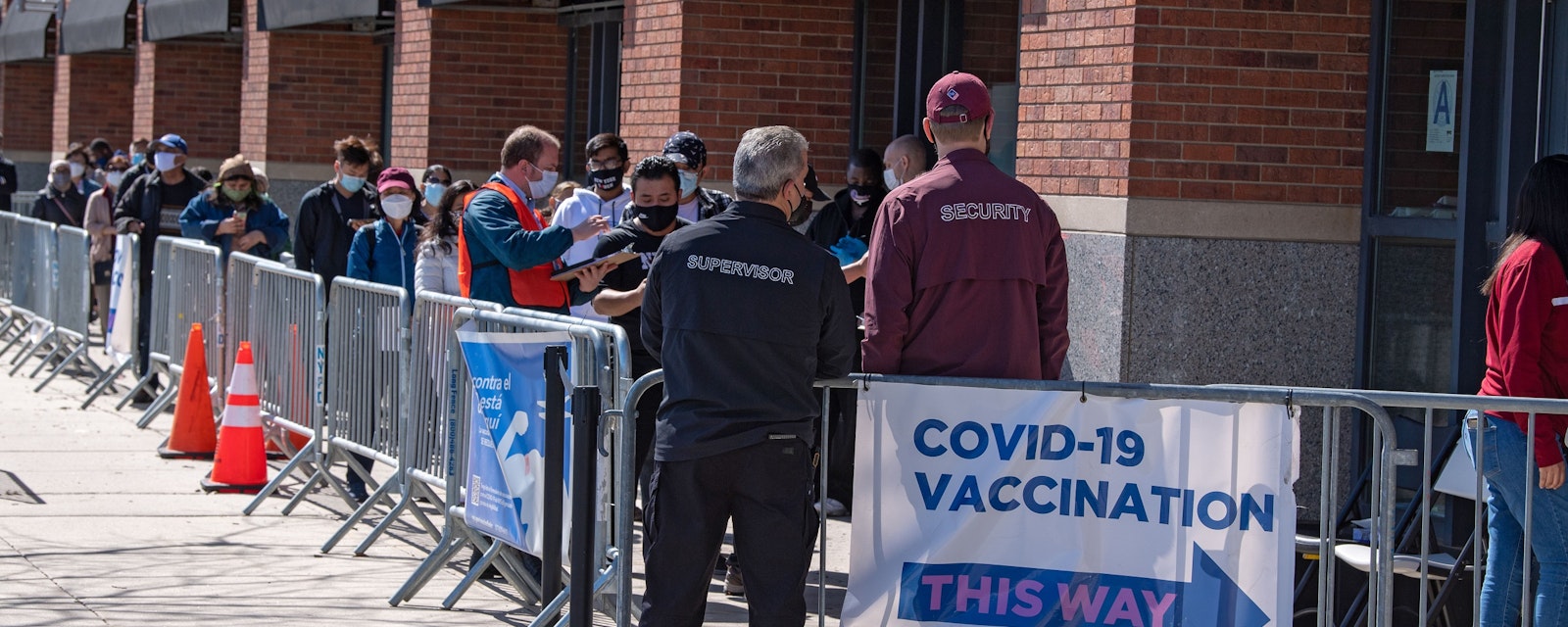The emergence of the COVID-19 Omicron variant, coupled with a spike in COVID-19 cases, has prompted a nationwide reassessment of pandemic strategies.
On Thursday, December 2, US President Joe Biden implemented new travel restrictions for those attempting to enter the US. As of midnight on Monday, December 6, all travelers attempting to enter the US, regardless of vaccination status or country of departure, will be required to show proof of a negative COVID-19 test within one day prior to arrival in the US. Firms should closely monitor federal updates on travel restrictions and reinforce existing health protocols per Centers for Disease Control & Prevention (CDC) guidance as more information becomes known about the new variant.
Today, December 3, the number of states reporting new COVID-19 cases continues to grow; this includes increased cases in New York City. Teneo Risk expects Omicron will become the dominant COVID-19 variant within several months.
COVID-19 Omicron Variant Prompts New Travel Restrictions
Even prior to the emergence of the Omicron variant, the winter season has produced a convergence of several pandemic risk factors, including ongoing vaccine hesitancy, waning immunity from vaccinations, cooler temperatures pushing activities indoors and holiday gatherings. These factors have contributed to increased infection rates in more than half of US states, as well as medical care rationing in Michigan and parts of the northeast. Although the lack of universal vaccination already made the prospect of a winter uptick inevitable, the identification of a new COVID-19 variant further complicates the pandemic’s outlook into 2022. First identified in Botswana in early November, the World Health Organization (WHO) ultimately designated the Omicron variant a “variant of concern” during an emergency meeting on November 26. This designation sparked a series of travel and entry restrictions in nations like Japan and Australia. Health officials in the US recorded the first domestic case of the variant on December 1 and anticipate the rapid discovery of additional cases in states across the country. President Biden has stated that a return to lockdowns is not an immediate consideration. Instead, on Thursday, December 2, the White House announced a new pandemic strategy ahead of the winter season. This strategy includes tightening restrictions on incoming travelers to the US via enhanced testing requirements, regardless of vaccination status or country of departure. Effective Monday, December 6 at midnight, all travelers will be required to show proof of a negative COVID-19 test within one day prior to arrival in the US. Additionally, the White House announced plans to expand free, at-home testing throughout the US by requiring insurance providers to reimburse the cost of at-home tests. Those not covered by private insurance will have access to free, at-home testing kits that will be available for pickup in their local communities.
COVID-19 Omicron Variant Concern
It will be several weeks before scientists and public health officials are able to understand the true impact of this newest variant. As they study Omicron, their research will focus on addressing three key questions: (1) Is the new variant more transmissible than earlier ones? (2) Can Omicron escape vaccine or infection-induced immunity? (3) Does Omicron increase the likelihood of COVID-19-related hospitalization or death? At this stage, anecdotal evidence suggests that the virus may be more transmissible than previous variants, but its implications for vaccines and illness severity remain unknown. In the near-term, these questions are likely to remain unanswered. Despite these challenges, the global response to the Omicron variant will most likely be more effective than the response to the earlier stages of the pandemic, due to several beneficial characteristics of the Omicron variant. First, the strain is detectable via a PCR test. Second, researchers uncovered the variant very early, providing an opportunity for health officials globally to decode the new threat. Finally, the development of a new vaccine, if necessary, would occur very quickly. New biotechnology in mRNA vaccines make the shots simple to alter. Once altered, only two dozen individuals need to enroll in a trial, meaning the full process should only take roughly six weeks.
As researchers examine the public health implications of the new Omicron variant, the US government has rolled out new coronavirus-related restrictions. While President Biden has implemented additional restrictions for all travelers entering the US, officials are further weighing a re-testing requirement for travelers within three to five days of arrival, as well as a seven-day self-quarantine requirement. The latter proposals are unlikely to take immediate effect, as the White House must consult with the Justice Department on the legality of fines and penalties for breaking these restrictions. State and local health departments would also encounter challenges with enforcing requirements for additional testing. Vaccine mandates for domestic travel are not likely given the President’s resistance to that policy. Additionally, the White House may soon face political challenges related to employer-required vaccine mandates, as Senate Republicans are reportedly considering a government shutdown to reverse the administration’s vaccine mandates. However, at this stage, the strategy is unlikely to succeed, as both parties appear unwilling to shut down the government over the issue of vaccine mandates.
Implications for Business
As uncertainty spreads in the US due to the discovery of an additional COVID-19 variant, firms should reinforce existing health protocols per CDC guidance, including masking, social distancing and vigorous cleaning procedures. Firms whose operations include travel should closely monitor further federal updates with respect to travel restrictions. The CDC has also urged all adults to receive a booster shot; companies should promote this guidance to employees and support the provision of booster shots through paid sick leave. Companies should anticipate some confusion among staff with respect to the rollout of new government restrictions, the uncertainty surrounding the Omicron variant, and office public health procedures. Communication with staff should be proactive, consistent, and in accordance with CDC guidance. Additionally, the WHO is advising against international travel; this guidance should be monitored closely.




